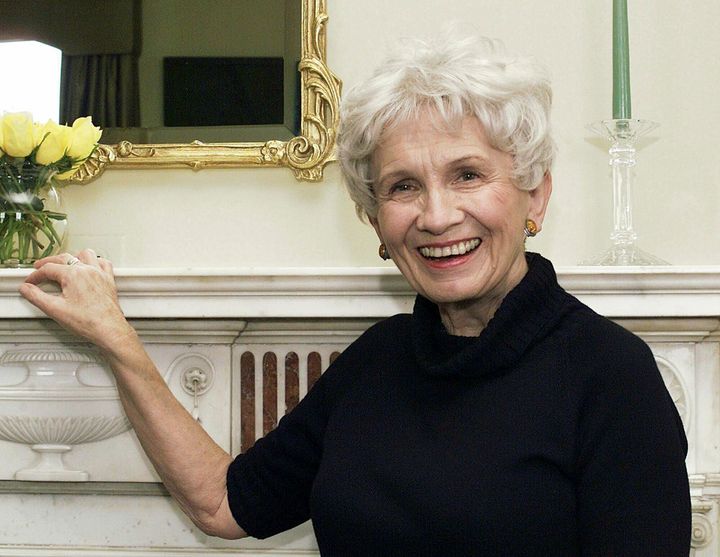Nobel laureate Alice Munro, the Canadian literary giant who became one of the world’s most esteemed contemporary authors and one of history’s most honored short story writers, has died at age 92.
A spokesperson for publisher Penguin Random House Canada said Munro, winner of the Nobel literary prize in 2013, died Monday at home in Port Hope, Ontario. Munro had been in frail health for years and often spoke of retirement, a decision that proved final after the author’s 2012 collection, “Dear Life.”
Often ranked with Anton Chekhov, John Cheever and a handful of other short story writers, Munro achieved stature rare for an art form traditionally placed beneath the novel. She was the first lifelong Canadian to win the Nobel and the first recipient cited exclusively for short fiction. Echoing the judgment of so many before, the Swedish academy pronounced her a “master of the contemporary short story” who could “accommodate the entire epic complexity of the novel in just a few short pages.”
Munro, little known beyond Canada until her late 30s, also became one of the few short story writers to enjoy ongoing commercial success. Sales in North America alone exceeded 1 million copies and the Nobel announcement raised “Dear Life” to the high end of The New York Times’ bestseller list for paperback fiction. Other popular books included “Too Much Happiness,” “The View from Castle Rock” and “The Love of a Good Woman.”
Over a half century of writing, Munro perfected one of the greatest tricks of any art form: illuminating the universal through the particular, creating stories set around Canada that appealed to readers far away. She produced no single definitive work, but dozens of classics that were showcases of wisdom, technique and talent — her inspired plot twists and artful shifts of time and perspective; her subtle, sometimes cutting humor; her summation of lives in broad dimension and fine detail; her insights into people across age or background, her genius for sketching a character, like the adulterous woman introduced as “short, cushiony, dark-eyed, effusive. A stranger to irony.”
Her best known fiction included “The Beggar’s Maid,” a courtship between an insecure young woman and an officious rich boy who becomes her husband; “Corrie,” in which a wealthy young woman has an affair with an architect…
Click Here to Read the Full Original Article at Books…

